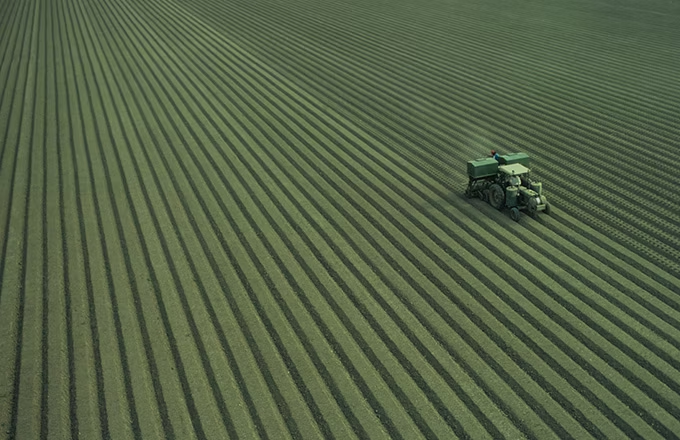FATalks is an interview series where industry thinkers share their thoughts and perspectives on a variety of market trends and themes impacting indexing.
Larry Swedroe is Chief Research Officer of Buckingham Wealth Partners. Since joining the firm in 1996, Larry has spent his time, talent, and energy educating investors on the benefits of evidence-based investing with enthusiasm few can match.
Larry was among the first authors to publish a book that explained the science of investing in layman’s terms, “The Only Guide to a Winning Investment Strategy You’ll Ever Need.” He has since authored seven more books, co-authored eight more, and has had articles published in the Journal of Accountancy, Journal of Investing, AAII Journal, Personal Financial Planning Monthly, and Journal of Indexing.
S&P DJI: You recently participated in a webinar geared toward financial advisors titled “How Did COVID-19 Affect Active vs. Passive Performance?” in which SPIVA® results through the initial wave of the pandemic were analyzed. What were your biggest takeaways from the analysis of this data?
Larry: One of the biggest myths that Wall Street wants and needs investors to believe in order to keep them playing the game of active management and paying higher fees is, “Active management maybe doesn’t win in bull markets due to a cash drag, but these managers will protect you in bear markets.” I might be willing to accept a lower return in the long run if I get insurance in the really bad market environments, especially if I’m a retiree in the withdrawal phase. The truth is, active managers generally tend to actually do a little bit worse in bear markets than bull markets. One study found[1] that in every single turning point in the market, the average active manager got it wrong. For example, when the market was at a peak in March 2000, active managers had the least amount of cash and at the bottom in 2008-2009, they had the most cash.
This data is in line with the period we examined in the webinar. During the initial stages of the COVID-19 crisis, even though active managers had the ability to go to cash, almost two-thirds still underperformed. Every year, I hear that this is a stock picker’s year, but it has never overall been a stock picker’s year when you adjust for risk appropriately.













































